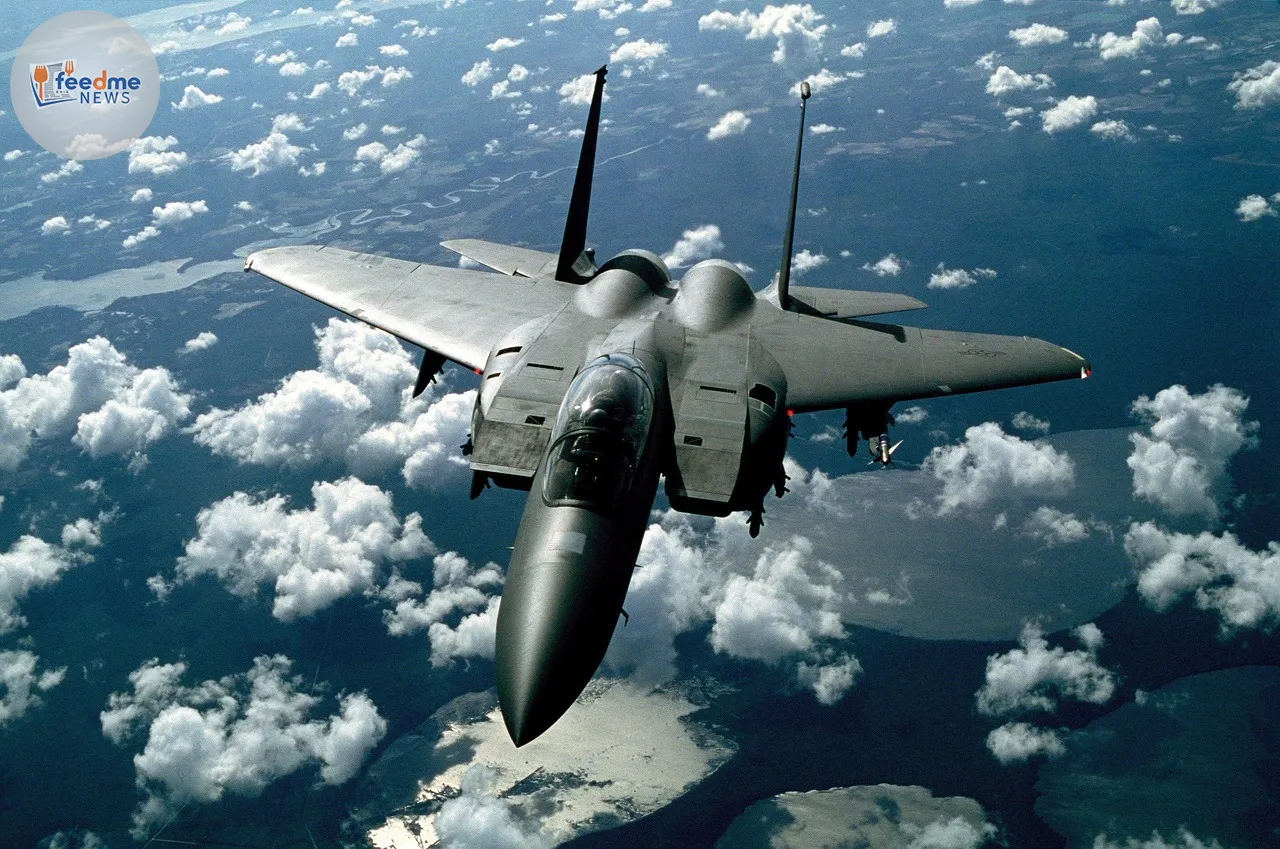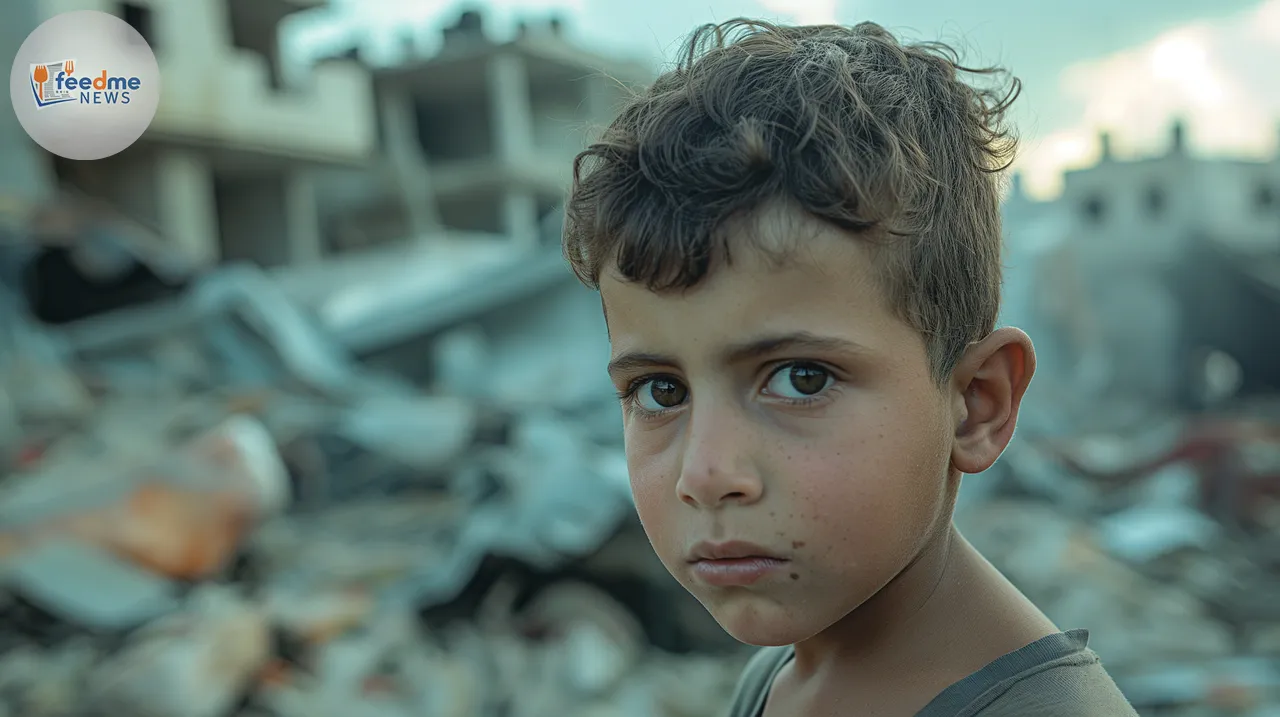Israel’s security cabinet has approved a controversial plan to capture Gaza, further escalating tensions in the region. The decision, announced on Monday, reflects Israel’s intensified military strategy following recent hostilities. The Israeli military has confirmed that the expanded offensive aims to displace most Palestinians in Gaza, a move that has sparked international concern and debate.
The plan comes on the heels of heightened violence between Israel and Hamas, the militant group governing Gaza. The security cabinet’s approval marks a significant shift in Israel’s approach to the ongoing conflict, with potential ramifications for both the Middle East and global diplomatic relations.

Escalating Conflict in Gaza
The decision by Israel’s security cabinet to approve a plan targeting Gaza comes during a period of increased violence. Clashes have intensified in recent months, with both sides experiencing significant casualties. The Israeli government argues that the operation is necessary to dismantle Hamas’s military infrastructure and ensure the security of its citizens.
The military’s strategy reportedly involves a comprehensive ground offensive, which it claims is aimed at reducing Hamas’s operational capabilities. However, critics argue that such actions could exacerbate the humanitarian crisis in Gaza, where living conditions are already dire due to ongoing blockades and previous military engagements.
International Reactions and Concerns
The international community has responded with a mixture of alarm and condemnation. Several countries and humanitarian organisations have called for restraint and emphasised the need for diplomatic solutions. The United Nations has expressed deep concern over the potential for increased civilian casualties and has urged both parties to prioritise dialogue over military action.
In response to the cabinet’s decision, a spokesperson for the European Union stated, “While Israel has the right to defend itself, any military action must be proportionate and respect international humanitarian law.” This sentiment is echoed by various human rights groups, which have warned that the offensive could lead to widespread displacement and suffering among Gaza’s civilian population.
Historical Context and Previous Engagements
Israel and Gaza have a long history of conflict, with several significant military engagements occurring over the past two decades. The most recent escalation follows a familiar pattern of rocket fire from Gaza and retaliatory airstrikes by Israel. However, the scale and scope of the current plan suggest a more sustained military campaign than previous operations.
Historically, these conflicts have resulted in significant loss of life and destruction of infrastructure, further complicating the region’s path to peace. The approval of the Gaza capture plan signals a potential departure from previous strategies, focusing on a more aggressive military posture.
Humanitarian Impact and Displacement
The Israeli military’s announcement that the offensive will displace most Palestinians in Gaza raises serious humanitarian concerns. Gaza, home to over two million people, already faces significant challenges, including limited access to clean water, electricity, and medical care. The prospect of mass displacement threatens to exacerbate these issues, creating a potential humanitarian crisis.
Humanitarian organisations operating in the region have expressed their readiness to assist displaced populations but warn that their resources are already stretched thin. The United Nations Relief and Works Agency for Palestine Refugees in the Near East (UNRWA) has called for immediate international support to prevent a worsening crisis.
Diplomatic Efforts and Future Implications
Despite the approval of the Gaza capture plan, diplomatic efforts continue behind the scenes. Several countries, including Egypt and Qatar, have reportedly been involved in mediation efforts aimed at de-escalating tensions. These efforts highlight the complex geopolitical dynamics at play, with various regional and international actors seeking to influence the outcome.
Looking ahead, the implications of Israel’s decision could be far-reaching. The potential for increased violence and instability in the region poses significant challenges for international peace efforts. Additionally, the humanitarian impact of the offensive could strain relations between Israel and its allies, particularly if civilian casualties rise.
As the situation unfolds, the international community will be watching closely, with many hoping for a resolution that prioritises peace and stability over further conflict. The coming weeks and months will likely be critical in determining the future trajectory of the Israel-Gaza conflict and its broader implications for the Middle East.






